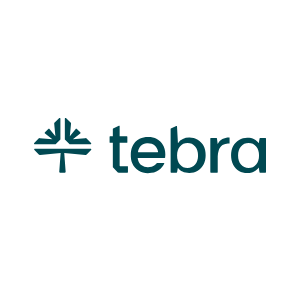Why Blogging is Beneficial for Healthcare Providers
Blogging is an effective way to get found by prospective patients who use search engines to find providers and to provide value to current patients.
Here, we answer some frequently asked questions about blogging and share some helpful information on how to start a blog.
What is blogging?
Blogging is the process of regularly publishing fresh, quality content in the form of blog posts to your website. Blog posts (or blogs) are original, informal articles that provide value to readers. Healthcare providers can write blogs that are relevant to their practice and its services to publish to their websites.
Think of a blog as having a conversation with prospective and current patients. By blogging, you can provide insightful answers to questions these people might have.
Why is blogging important?
When you blog, you add fresh content to your website. There are many benefits to adding fresh content to your website, the most notable being improved search engine rankings.
Search engines know that the more information a website has, the more valuable it can be to searchers. By answering a question about a specific procedure, for example, you help people who have queries regarding that procedure find information that is useful for them. Thus, search engines rank websites with blogs higher than websites without blogs.
In addition to attracting new patients, blogging is a great way to engage current patients. With a blog, you can keep patients up-to-date on specials or discounts and give them tips on improving their health. The more value you give to patients, the more likely they are to spend money with you.
How do I start a blog on my Practice Growth website?
It’s easy to start publishing blogs on your Practice Growth website. Simply ask your Customer Success Manager to activate the blogging feature. Your Customer Success Manager will guide you through how to use the feature within your Practice Portal and provide helpful tips on how to get started.
Who should write blogs for my healthcare practice website?
You or members of your staff can write blogs for your website, or you can hire an outside writer or agency to write blogs on your behalf.
How often should I blog?
You can publish blogs as often as you are able to write quality, useful content. The more you blog, the quicker you could see improvements in search engine rankings and increases in website visits.
We recommend healthcare practices publish a new blog between one and four times per month. Blogging at least once a month will keep your website updated and relevant, which is important for how search engines rank your website. As a best practice, you should establish a regular blog schedule. You could publish a new blog every other Monday, for example.
How long should a blog post be?
Blogs can range greatly in length. Some blogs will be just a few hundred words, while others will be several thousand words. Generally, a blog should be as long as is necessary to discuss the topic or answer the question at hand.
Is there a blog format I should follow?
Like an academic article, blogs tend to have an introduction, body, and conclusion. Unlike an academic article, however, blogs have short, active sentences and short paragraphs (just 2-3 sentences each). Body paragraphs are broken up by headings so readers can easily digest the information.
Blogs should also include relevant hyperlinks. If you reference a statistic from a third-party resource, you should link to that resource. Additionally, you should include hyperlinks to other content on your website that is relevant. For example, if your blog mentions a service offered by your practice, you can link to that service’s webpage.
Can Practice Growth help me with content marketing?
Practice Growth offers its customers an add-on blogging service. For $300 per month, we will write one 600-word blog post that is unique to your practice and is optimized for search engines.
Customers who purchase this blogging service in combination with our add-on social media service ($400 per month) receive a $50 discount per month. You pay $650 per month for both services.
